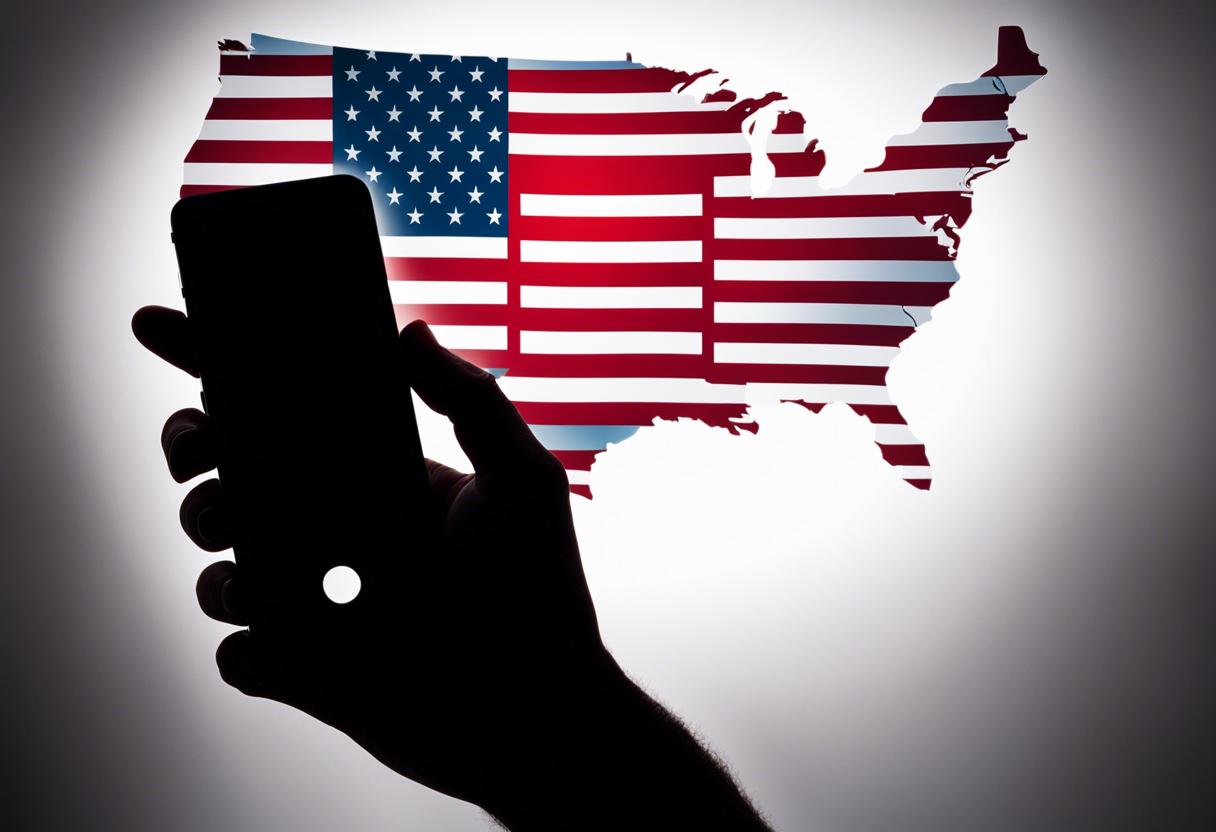On Tuesday, the American Senate approved a legislation which stipulates that TikTok’s parent company, ByteDance, which is based in China, will need to either sell the short video platform within a year or face a ban. The legislation was robustly supported with 79 members voting for it and just 18 opposing it. The House of Representatives had earlier given their consent on Saturday, paving the way for the bill to be forwarded to President Joe Biden, who has earlier indicated his willingness to ratify the legislation.
The revealed legislation permits ByteDance a period of one year to either sell TikTok to an American company or risk being proscribed from US app stores. This marks an ending to a protracted political contest over the app, which has seen a surge in usage since its introduction in 2017.
There have been expressions of apprehension over the possible risks of sensitive user data collection and censorship of content that opposes Chinese government ideologies by TikTok. These assertions, however, have been staunchly refuted by the platform. As a result of these apprehensions, numerous universities, political institutions and individual American states have banned TikTok.
On the impending legislation, Michael Beckerman, who coordinates TikTok’s public policy for the Americas, has made it known that the company will mount a legal challenge against it. The implications of the introduction of the new legislation, if unimpeded, would mean that Apple’s App Store and Google’s Play Store would have to discontinue TikTok downloads or risk economic sanctions.
In correspondence circulated internally and originally released by tech news platform The Information, Beckerman pointed out that the legislation contravenes the first amendment of the US constitution that safeguards freedom of speech and promised a continued struggle, arguing that about 170 million American TikTok users’ rights are being breached by this legislation.
Efforts to outlaw TikTok at a regional level in the United States have been consistently quashed on similar legal foundations. For instance, in 2023, a Montana federal judge overturned an attempted state-wide TikTok ban, reasoning it as a violation of users’ freedom of speech. The judge’s remarks asserted that the legislation exceeds state authority and infringes upon the users’ constitutional rights.
In 2020, former president Donald Trump declared his intent to implement a nationwide ban on TikTok. However, his endeavours in this initiative were unsuccessful. More recently, he strongly criticised potential bans, warning that President Biden would have to shoulder the blame should such restrictions be imposed.
TikTok was prohibited in India in 2020 due to a swarm of hazardous “challenges” that tragically resulted in the fatalities of several users. Moreover, the app is absent in its own home market, China. (Source: The Guardian)

